Guest post by Boaz Atzili

To annex or not to annex? That is Putin’s question. Such a question, of course, would not have crossed the mind of Russia’s Tsar at the times of the Crimean War in the 19th century. In that period, if you were able to annex, you did. Today, though, the rules of the game are different, and may affect Putin’s choice. The formal taking of territories from one state and annexing it to another is both prohibited and rare. This remains true even when the annexing force is asked by the people of the breakaway territory to do it. The last half a century has seen less and less of this practice.
Breaching the territorial integrity of other states is also prohibited by international law, and yet done all the time. This practice presents the other Russian option: not annexing Crimea to Russia, but instead creating a puppet state that is ostensibly independent. But is there any difference between these two forms of subjugation? Is there anything there but a name? I think so.
De Jure Annexation
In the past, when annexation de jure was an option, occupation could (but not always did) end in a partial or complete integration into the occupier’s state. It was a preferred outcome, of course, for an occupier, who acquired people and territory. But it was sometimes even positive for the population. Being on the new frontier and potentially at risk of switching sides again, the region may gain more attention and resources from the center. Putin has secured the Parliamentary and popular support for mobilization, and Russian troops are already in control of the peninsula, an annexation should be technically feasible.
There is a problem with annexation though. Remember the last time this was tried? Saddam Hussein in 1990. Bad company. To be clear, Russia is no Iraq. At least if its escapades remain limited to Crimea and do not spillover to other parts of Ukraine, it is unlikely to face a military eviction like Iraq did. With that said, the diplomatic, human, and economic costs of such a gross violation of a strong international norm can be prohibitive.
While the West’s relations with Russia are already strained, the situation in Crimea will isolate Russia further away from most of the rest of the world. Even rising powers like Russia’s fellow BRICs, Brazil, India and China, would eventually need to shun it for such a power play. All have been staunch supporters of non-interference in internal affairs, and annexing your neighbor’s territory is the ultimate interference. With the idea of “annexation from within” by referendum, Russia is hoping to use the principle of self-determination as a veneer to such an annexation. But such a precedent could be very disturbing. For instance, it could be unsettling to India, who might worry about implications for Kashmir. Related, China would be nervous, as they would not want to encourage a Taiwanese referendum on independence. Although the energy dependence between Europe and Russia is mutual, Europe is likely to embark on an earnest search of energy alternatives as a result of Russian annexation of Crimea. And the rest of Ukraine would then be more likely to join NATO as an attempt to deter Russia. In sum, de jure annexation is a costly gamble that Putin is likely to lose.
De Facto Annexation, or Creating a Puppet State
But what about avoiding formal annexation and instead creating a puppet state that is ostensibly independent? Russia could model this on its own practice in Abkhazia and South Ossetia, on Armenia’s Nagorno-Karabakh and on Turkey’s earlier experience with Northern Cyprus. Putin, in fact, would argue that this practice is similar, as well, to the case of Kosovo.
With an occupation that does not lead to a de facto annexation, the structure of incentives may be different. The occupying power has incentives to keep this “newly independent state” weak and dependent on Moscow, so that it does not seek autonomy or real independence. Also, this proto-state is unlikely to garner a modicum of international support or recognition, outside of the occupying power and perhaps a few close allies. Like the examples mentioned above, such a proto-state might find itself living in a permanent state of legal limbo; unable to take part in any UN body, to enjoy IMF loans, or to benefit from other international institutions.
Moreover, creating a puppet state in Crimea is likely to be a net drain on Moscow’s resources over time. It will cost Russia more in economic assistance (since that will not be forthcoming from anyone else). It will require maintenance of a sufficient troop level in the “independent” state to secure it from within and without. In the end, the worst outcome of such a de facto annexation is to perpetuate weak and dependent institutions, which may result in many negative externalities both in terms of security and economic performance. Creating a puppet state then is not a good choice for Putin either.
So to annex or not to annex? What is the best alternative for Putin and his country? Maybe the best alternative is to do nothing. Vladimir: you have enough troubles at home. Let the Ukrainians — all of them — decide their own fate.
Boaz Atzili is an Assistant Professor at the School of International Service at American University.



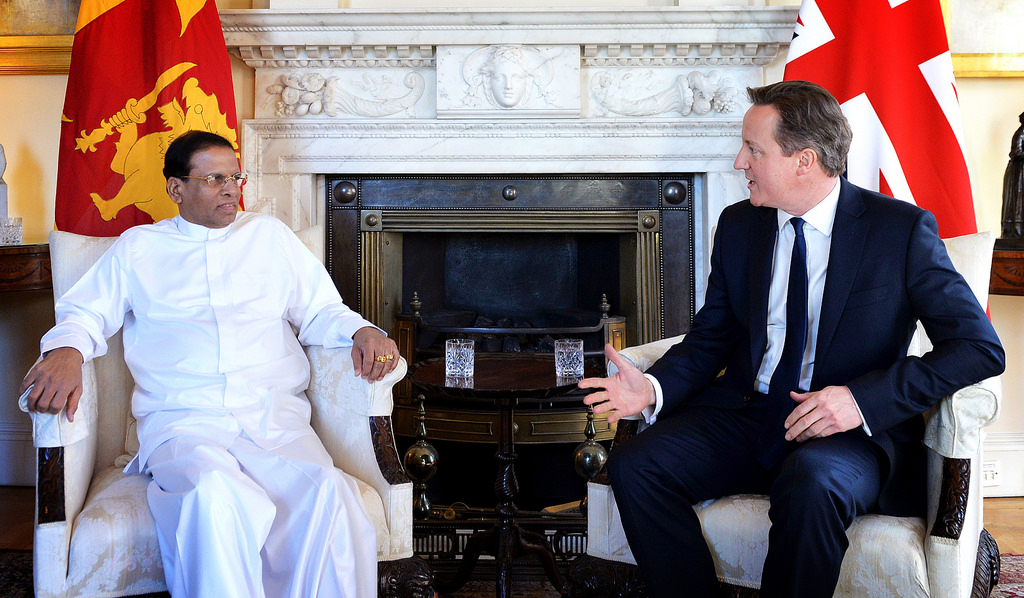
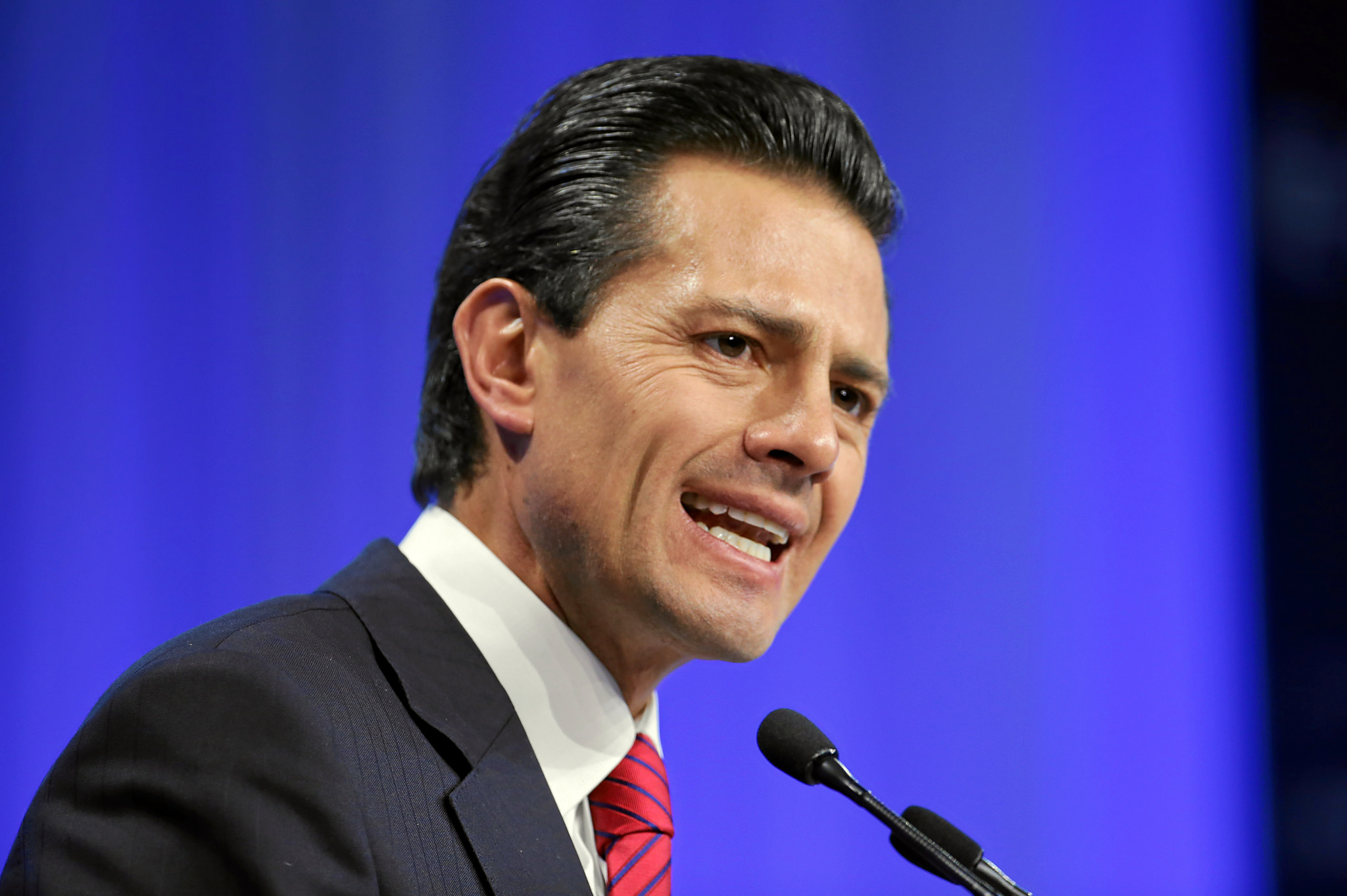
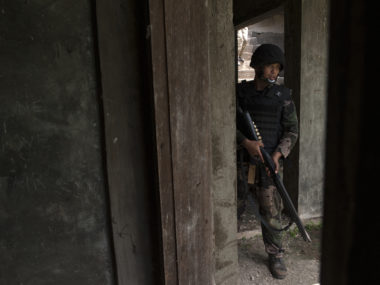
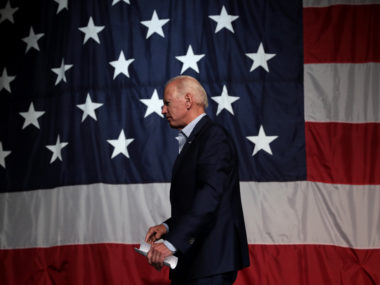
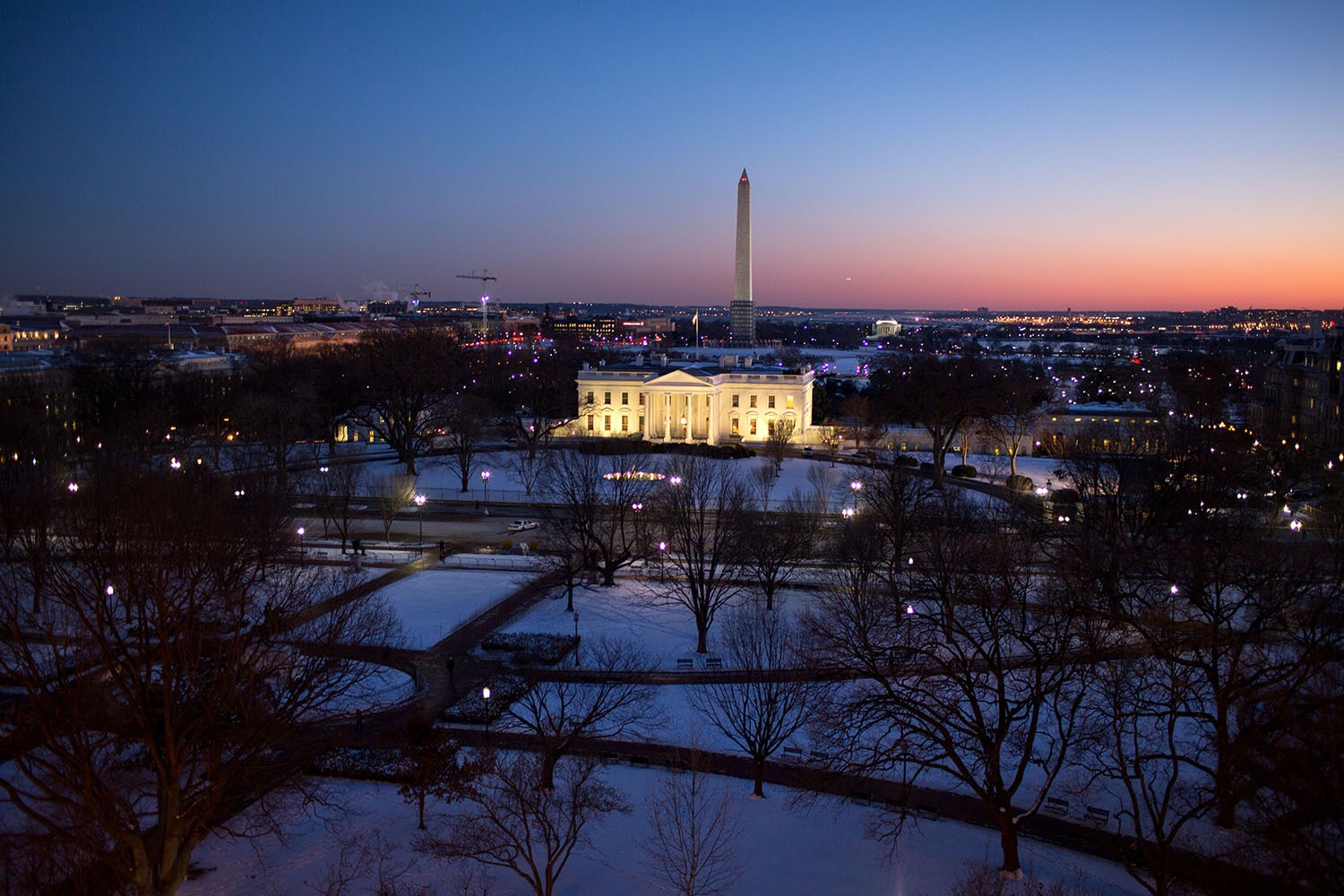
5 comments
As you note, attitudes toward annexation were certainly different in the 19th century, and yet the presence of the Romanian principalities on your map reminds us that much more complicated alternatives were available in those days, too.
Yes Scott, you are right. The dichotomous option of either independence or not is mostly a post WW-II thing. What we do have today is various degrees of autonomy within the state, and Crimea actually enjoys a fairly high degree of such autonomy.
“Doing nothing” could work, if NATO and the US will exercise such an approach along with Russia.
Spoken like a true academic! “Let the Ukrainians decide for themselves” is the purest form of naivete. The Ukraine is simply a pawn in a geopolitical game and has NOTHING to say about its future. The West tried to move into what is in fact Russia´s back yard with deceitful and empty promises and miscalculated badly. Now Russia will indeed ANNEX – your thinking not reveals a deep lack of understanding. (Would you like to bet?)